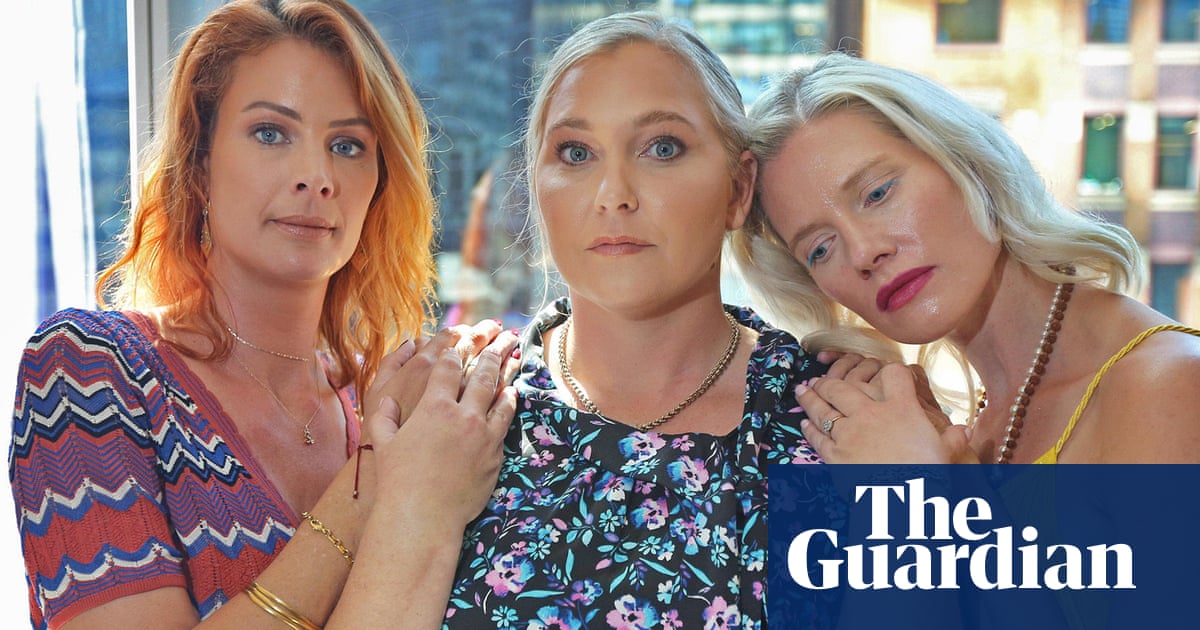Anyone who has struggled mentally knows it is often only with time and recovery that you can challenge the destructive thought patterns that once plagued you. That said, hindsight can also be a strange thing. While collecting Republic of Parenthood columns for a book, I spent time revisiting my old articles about my struggles with breastfeeding. I felt vindicated, as some of the things I wrote have since been confirmed.
This week, the largest ever qualitative study on how difficulties with breastfeeding affects mothers’ mental health has been published in Scientific Reports. More than 2,000 mothers were surveyed with 65% reporting difficulties with infant latching, “which seemed to impact mental health”.. Feeling like “a bad mum” and “like I had failed my baby” were some of the common reasons given by participants.
These feelings are almost identical to those I wrote about three years ago. I felt like “a failure” because “desperately wanting to feed your child with your body and not being able to taps into something quite fundamental, really. Something that may have the potential to make you depressed.” Being aware of the culture of guilt around breastfeeding helped, but it didn’t seem to stop these feelings.
Which is why I want to say to any woman going through this today that you are not a bad mum and you are not failing your baby if you are struggling to breastfeed. These thoughts are coming from somewhere, but that place is not one of objective reality. I know it feels very powerfully true in this moment – I believe that is down to a combination of cultural conditioning, hormones and sleep deprivation – but they are a lie.
Most of the women in this study reported being highly motivated to breastfeed – as I was – and yet they still found it challenging. The lead researcher, Elizabeth Braithwaite, from Manchester Metropolitan University’s Institute for Children’s Futures, told me she wanted to investigate this subject because she noticed how, when she had her own babies, she was one of the few women she encountered who had an easy experience of breastfeeding. This surprised her. After all, isn’t it natural? Isn’t it what we are built to do? Furthermore, there was very little research on how those challenges impacted maternal mental health.
Yet women who find it smooth going are portrayed as the default, and before you have a baby there’s a kind of institutional omertà in the health service and among some antenatal course leaders about all the ways in which it can go wrong, from tongue tie and mastitis to prematurity and milk supply. It is highly infantilising, as though even suggesting potential difficulties might put women off. Combi-feeding is barely mentioned, treated not as a method that can empower parents and, as in my case, actually help them breastfeed longer, but as a gateway drug that will spiral into formula addiction (Braithwaite tells me she was disturbed by how many women referred to formula as “poison” in their survey responses).
All of this is part of a “baby friendly” rationale that is intended to increase the numbers of women in the UK who exclusively breastfeed up to six months and the length of time they continue to do it to supplement solid food (two years is recommended by Unicef and the World Health Organization) and sidelines maternal mental health in the process.
No one is denying the well established health benefits of breastfeeding for babies, and women who want to do it must receive support to do so. But the way breastfeeding is promoted isn’t working: and the UK has one of the lowest rates in the world, with data from 2010 showing just 23% of women exclusively breastfeeding at six weeks in England and 1% at six months. Services have been decimated, yet it is mothers, rather than politicians, who are being guilt tripped.
“Breastfeeding is really intertwined with the idea of being a good mum,” says Braithwaite. “It’s both societal and in the way health professionals can treat you.” I think it is time we decouple breastfeeding and the cult of perfect motherhood, and stop conferring it with so much moral weight (meanwhile, the concept of “being a good dad” and the act of giving the baby a bottle in the night are not intertwined nearly enough).
It’s a hangover from the past, visible in so many paintings of lactating Madonnas. And yet we know that long before formula human beings were devising alternative food sources to a mother’s milk. Breastfeeding challenges have always existed. Historically, did women who struggled punish themselves, or do what was needed for everyone’s survival?
This moral weight we give “natural” motherhood is damaging. It is championed by a toxic political right that is heavily invested in wanting women barefoot and pregnant and has no interest in funding services that might support them. From giving birth to diet, any deviation from the “ideal” way of mothering can see you put under a microscope. Claims that a woman can simply manifest a natural birth or that pouches cause speech delay aren’t backed up by scientific evidence, yet that doesn’t seem to stop parents judging each other.
Braithwaite understood that just because she found breastfeeding easy didn’t mean she was somehow better than all those mothers who didn’t. There are many improvements that can be made in terms of postpartum care (try funding it, for a start). In the absence of so much state support, though, parents need to care for each other, refuse to participate in this culture of guilt any longer and challenge those who do.
-
Rhiannon Lucy Cosslett is a Guardian columnist

.png) 7 hours ago
5
7 hours ago
5













































